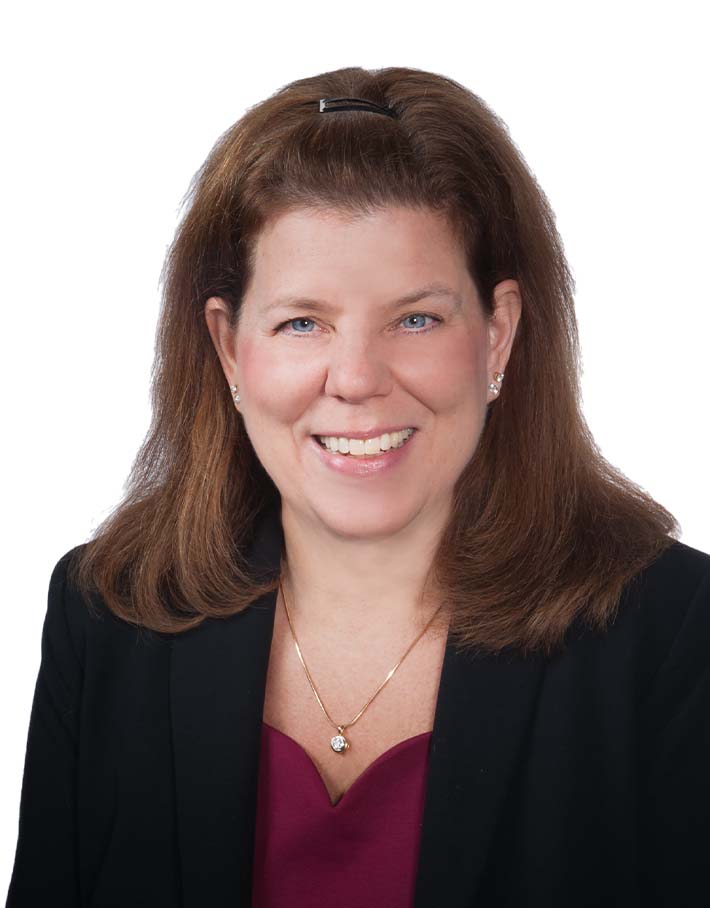Resolving Operational Issues Uncovered During Acquisitions and Transformations
By MJ Phillips
Subscribe to our original industry insights
Trying to resolve issues and improve operational efficiency by aligning people and technology can lead to unexpected problems and mixed results. Whether your firm leadership wants to evaluate how the firm is running, the firm has recently undergone a merger or acquisition or is experiencing errors, losses or attrition, an Operational Assessment can increase efficiency, save your firm time and even improve your internal and external client and corporate experience.
In this week’s episode of our Oyster Stew podcast, Oyster expert MJ Phillips discusses a variety of operational issues that can be uncovered during a merger, acquisition or transformation, and how outsourcing an operations specialist to preform an operational assessment can help resolve the issues to make firms more efficient and enhance their client service.
Creating Operational efficiency is not only about cutting costs, but developing processes and procedures to deliver consistent quality customer service. Oyster’s experts have decades of industry experience and can quickly assess through thoughtful questions and a skillful review the areas of your firm’s Operations that should be a priority. Oyster will sequence our recommendations to reduce risk and maximize your return on investment.
Transcript
Transcript provided by Temi transcription services
Elizabeth Gatlin: Welcome to this week’s serving of Oyster Stew, a mix of financial services, commentary and insights. Each week we’ll discuss what is happening in the industry based on what we see as we work with regulators and clients. We hope you come away with the knowledge and tools to help you make the best decisions for your firm’s future. As we continue to produce our podcast from home without access to our recording studio, please be patient as we work to improve our recording quality.
Elizabeth Gatlin: I’m Elizabeth Gatlin, your host for today’s podcast on the exposure of operational issues during transformations as well as acquisitions and merges. With me is Oyster Associate Director MJ Phillips, who has had a great deal of experience in transitioning branch and back office operations through complex changes, and working with firms and their leadership teams to increase operational efficiencies and reduce costs. MJ, before we start, can you tell us a little bit about your background?
MJ Phillips: Yes, thank you Elizabeth. I’ve spent my career both as a leader in operations and a consultant focused on operational efficiency. I’ve worked for both a clearing firm and a fully disclosed firm as part of my career. I’ve worked on countless emerges acquisitions, conversions and operational transformations.
Elizabeth Gatlin: Thanks, MJ. We have all seen in the news the large number of mergers and acquisitions on both the broker-dealer side and the advisor side, and anyone who’s been through one knows that this transition can bring to the surface operational issues. So MJ, can you talk a little bit about that?
MJ Phillips: Yes, absolutely. The first thing a firm generally wants to focus on is the data conversion, which is obviously extremely important. What’s equally important is the client experience. At the same time that you’re focusing on the data conversion, you immediately begin addressing potential client issues. This generally starts with both the operations department and the sales support role, which include, but are not limited to, changes in fee schedules, changes in forms and changes in policies. Because you address these differences, it’s important that you communicate change to the field timely and succinctly, so that anyone that answers a client call has the information they need to address their concerns. The client experience is paramount to the success of any acquisition or conversion. While it’s often tempting to try to ensure a conversion that will have no change, it is more important to focus on a conversion with strong communication and solid decisions. By taking the time prior to conversion to address the potential gaps in procedures and decisions that need to be made, a firm will ensure not only a smooth conversion, but sound operating procedures going forward.
Elizabeth Gatlin: In addition to conversions and acquisitions, can you also talk a little more broadly about your work with operations and branch transformation?
MJ Phillips: Yes, thank you. I’ve had the opportunity to be involved in countless transformational projects in my career, both as a leader in operations and as a consultant. A couple of these opportunities that come to mind have significant impact, both in efficiencies as well as reducing costs and reducing regulatory risk. One of these opportunities involved automating workflow, taking a paper-intensive process and making it fully automated. It was exciting for several reasons, because it not only significantly improved the client experience, as an operations director, it had a tremendous impact on the productivity of my team. The success of this project depended not only on the system work that needed to be accomplished, but also the time spent with the associates actually involved in the processes.
MJ Phillips: By sitting down and not only observing the process, but understanding what worked well about the current process, what didn’t work well and where things typically became problematic, we were able to not only automate the general process but also address many of these inefficiencies as well. One really important part of the success of the project was getting feedback not only in the beginning of project but throughout the project. We created a committee made up of users throughout the firm. We used this committee as a sounding board for our thoughts and ideas, but also as a test to actually process the work, using the reformed automation and giving us immediate feedback of what could be changed or improved. By using this test group we were able to provide a solid process and a positive experience as we rolled it out throughout the firm. The second impactful project that I referred to involved working with a broker-dealer on branch efficiency. Specifically, this broker-dealer had put automation in place, but realized it was not being used throughout their branch network.
MJ Phillips: There were a couple of reasons for this. One being that this is a firm that had done conversions and acquisitions throughout the years, and therefore had slightly different operating models throughout their network. The second reason the automation wasn’t being fully utilized was related to not only training, but lack of confidence in the new system. By spending time out in the field interviewing users and understanding what was working well, what they liked about the process they had in place and why they were hesitant to use the new process, I was able to report back to the firm and provide a number of recommendations, not only on making slight improvements to the system, but also improving communications, trading and expectations going forward. In both of these projects, it was apparent that ripping off the band-aid and requiring these processes to be used created the most successful outcome.
MJ Phillips: The procedures are built with improved efficiencies, and by requiring branch operations to use the new processes, the associates were able to benefit from the improvements, which not only improved engagement, it also had a significant improvement on the client experience.
Elizabeth Gatlin: So what does success look like to you as a consultant?
MJ Phillips: Being hired by a firm prior to an acquisition or transformation provides a great opportunity to contribute to the success of the project. Success can be seen in many ways. Obvious measures of success are improved efficiencies, reduced cost and reduced risks. The real measure of success is improved engagement and client satisfaction. However, as a consultant, the real success is knowing that a firm is operating as efficiently as possible, in both improved employee engagement and the better client experience.
Elizabeth Gatlin: Thanks MJ. Thank you for taking the time to share your thoughts and experience with us. It looks like we’re running out of time, but if you would like to learn more about Oyster’s experience in this area or how we can help you, please reach out to us.
Thanks again for listening to the Oyster Stew podcast. Don’t forget to subscribe so we can continue to bring you resources to help you make the best decisions for your firm. If you’re struggling with a topic and you’d like us to do a podcast on it, or you’d like a free consultation, feel free to reach out to us at (804) 965-5400 or by visiting our website at oysterllc.com.



